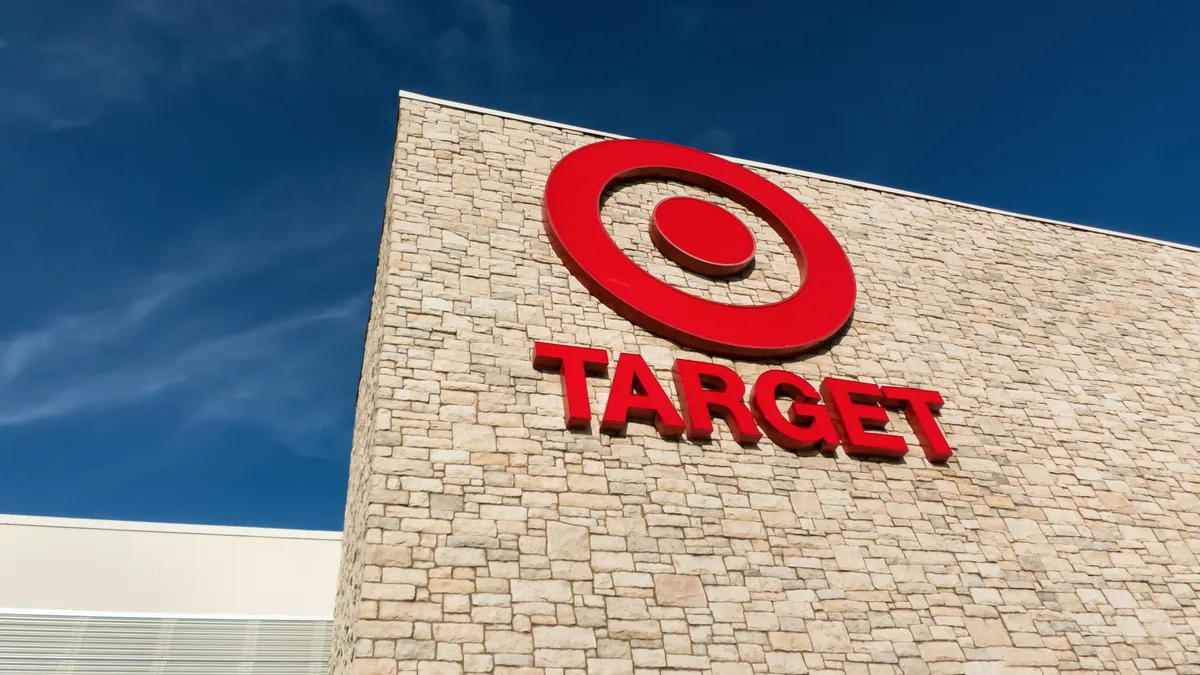Dive Brief:
- Target announced its newest sustainability initiative of sourcing all forest and forest-derived products responsibly, a company press release reported.
- This latest effort affects all Target and target-owned brands, including Spritz, PillowFort, and Threshold. The three will become entirely sustainable within the next five years. Spritz will be sustainable in 2018, PillowFort in 2020 and Threshold by 2022.
- The foresting policy marks the the second step in Target’s determination to recalibrate its supply chain as it works toward fully responsible sourcing.
Dive Insight:
Corporate interest in sustainable sourcing is growing on two fronts: as it impacts the environment, and also as it impacts how consumers view their preferred companies. Increasingly, consumers care more and more about where and how companies obtain their resources for manufacturing, as ethical violations have surfaced. No longer willing to sit idle, consumers are pushing back against the practices, which makes preemptive efforts such as Target's all the more critical.
The World Cocoa Foundation (WCF), which includes well-known brands Mars, Hershey and Nestle, is actively working to halt incursions into existing forests in Ghana and the Côte d'Ivoire. Local governments in the area estimate that roughly 3% of forest is being lost each year due to cocoa farming and agricultural encroachment on forest land.
As a result, the WCF has teamed with the African Development Bank for farmer financing opportunities, and to partner with the governments active in cocoa-producing regions in order to promote crop diversification, which will improve the health of the land and allow the forest to reclaim its previous expanse.
Additionally, an anti-deforestation alliance has been formed by 20 of the largest commodity producers in the world to assess supply chain risk via extreme-resolution maps of thinning tree canopies, fires and observation of independent farms and mills thanks to an affiliation with the World Resources Institute. Also involved in the effort is the World Wildlife Fund, which is working toward Zero Net Deforestation and Forest Degradation by 2020.














